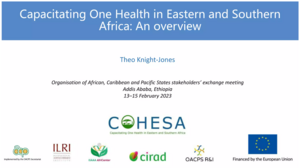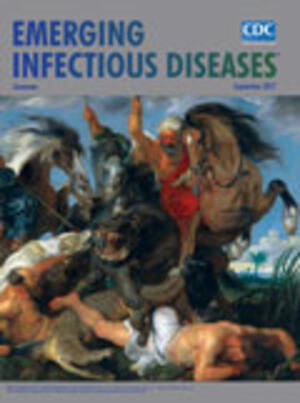
Estimation of involuntary excreta ingestion rates in farmers during agricultural practices in Vietnam
Abstract
Soil-transmitted helminth (STH) infections caused 4.98 million years live with disability globally in 2014, mostly affecting the poor. When farmers handle excreta for reuse in agriculture, involuntary ingestion of excreta particles is an important infection pathway for STH infections. The aim of this study was to quantify farmers' ingestion of human excreta during common agricultural practices in Vietnam. The weight of excreta that remained on farmers' hands, the weight of excreta that would remain on a farmer' mouth after contact with hand, and the frequency of contact between hand to the mouth by observing farmers while they handled excreta were simulated and quantified. Our findings revealed that farmers are on average exposed 5.16 h to excreta handling per year. Based on this average exposure time, it was estimated that farmers ingest 91 mg of excreta per year (95% CI: 73–110 mg). Our study presents for the first time a robust quantitative estimation of excreta ingestion by farmers during excreta handling in agricultural practices. Hence, this paper makes an important contribution to more robust quantitative microbial risk assessment and health impact assessment related to STH infections and diarrhea in Vietnam and other similar settings where excreta is used as fertilizer.
Citation
Tu Van Vu, Phuc Duc Pham, Winkler, M.S., Zurbrügg, C., Zinsstag, J., Bich Huu Tran and Hung Nguyen-Viet. 2019. Estimation of involuntary excreta ingestion rates in farmers during agricultural practices in Vietnam. Human and Ecological Risk Assessment 25(8): 1942–1952.










